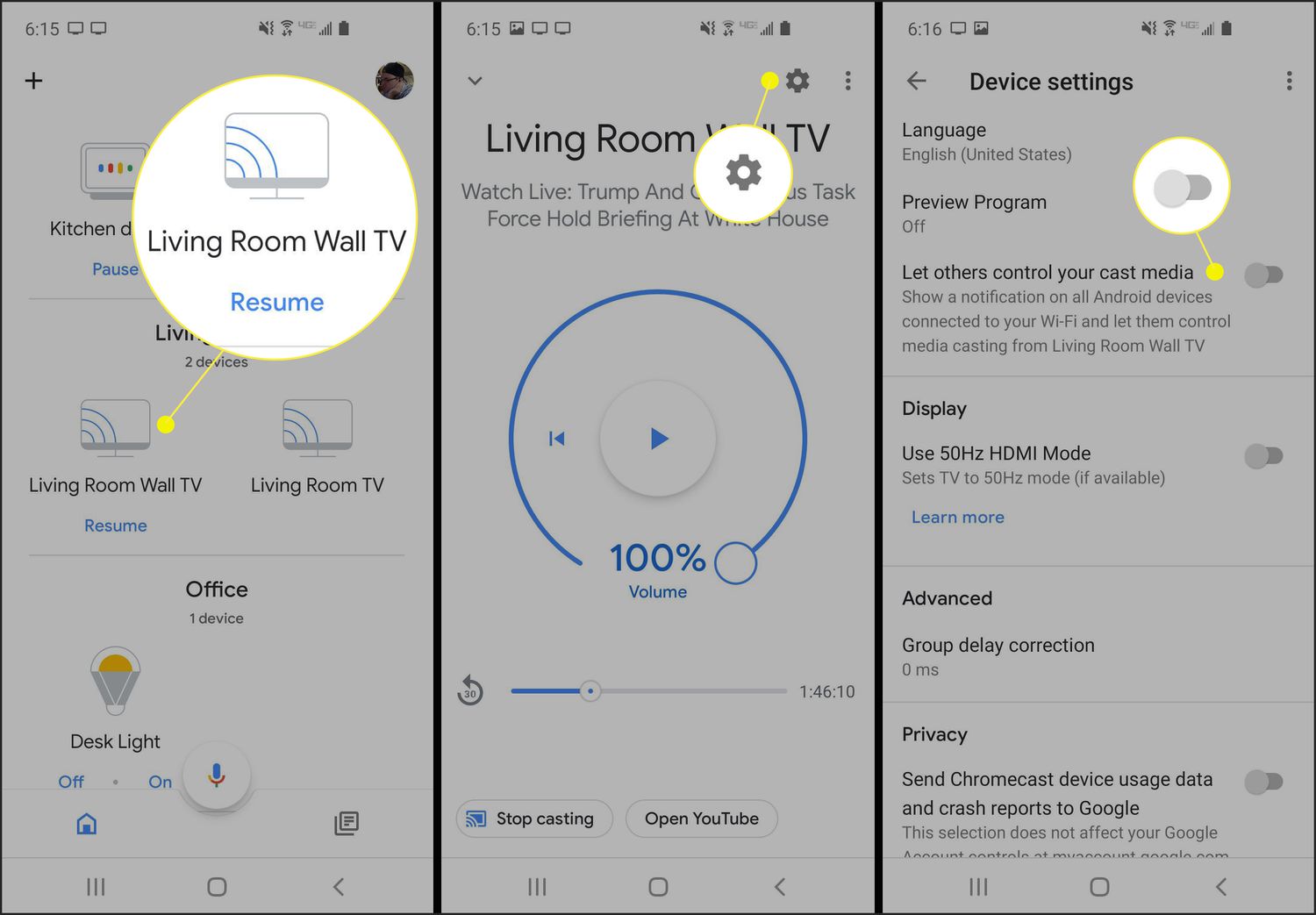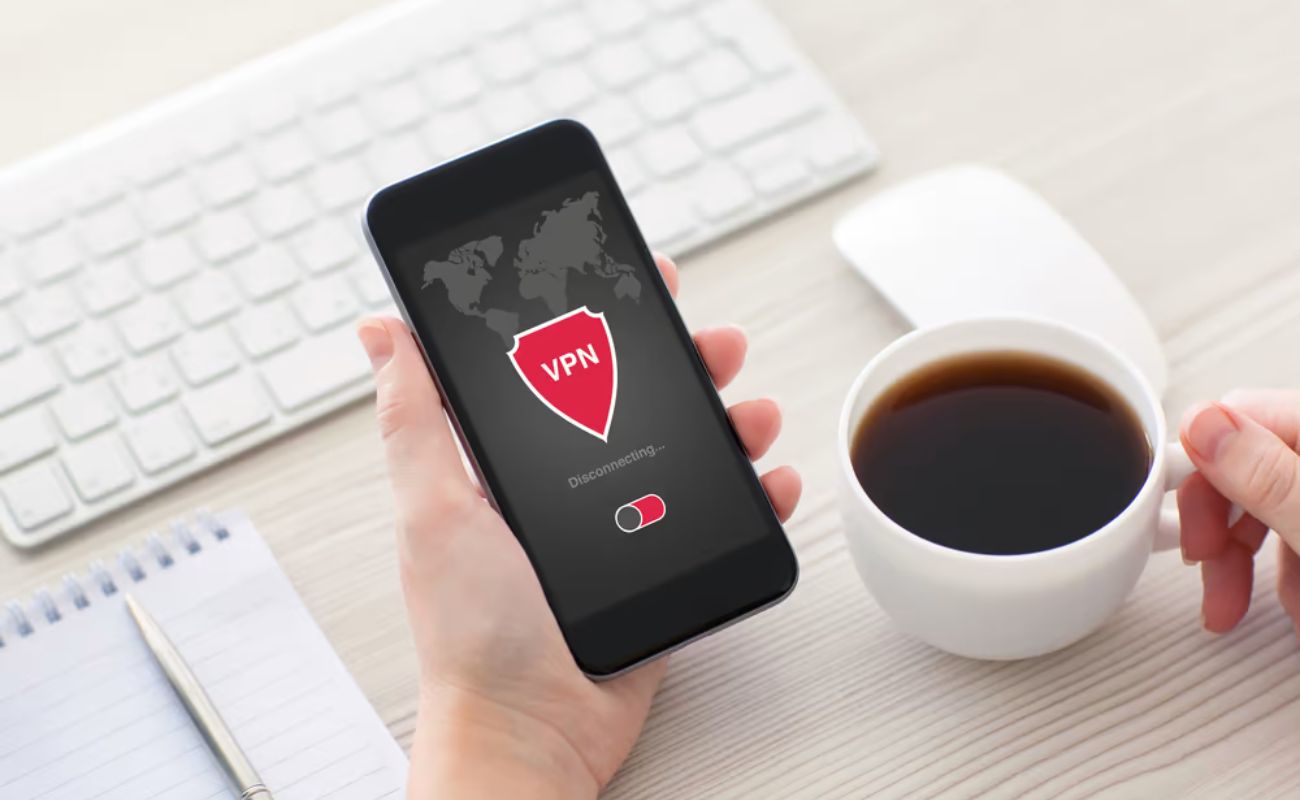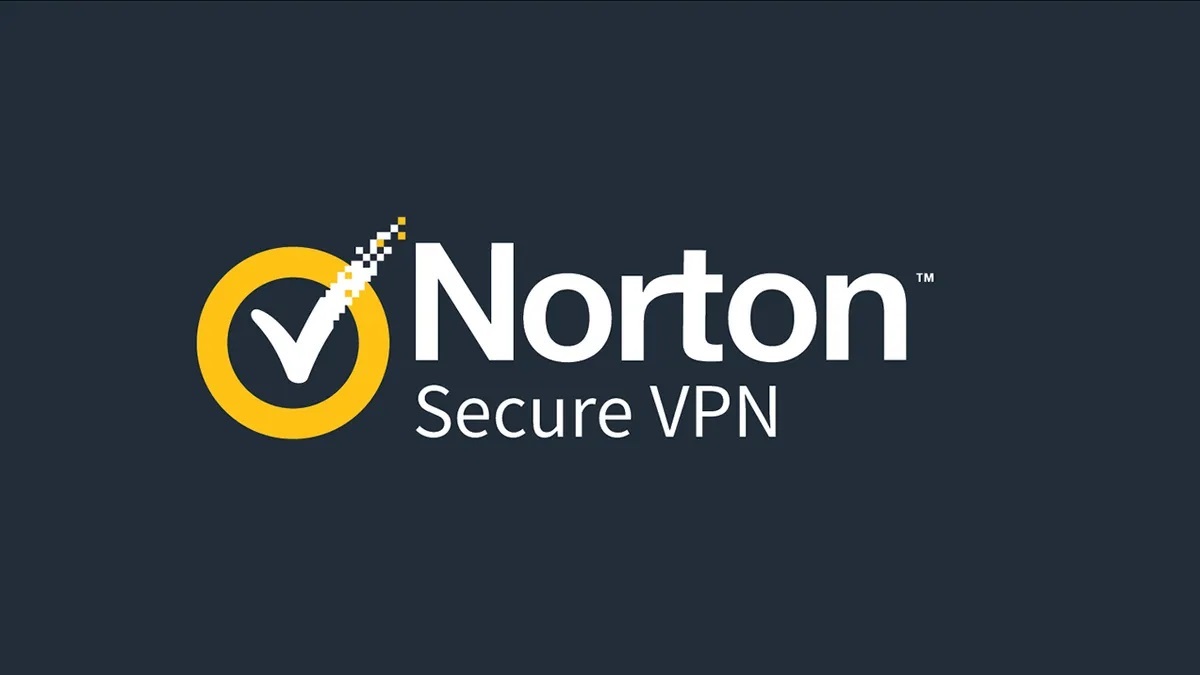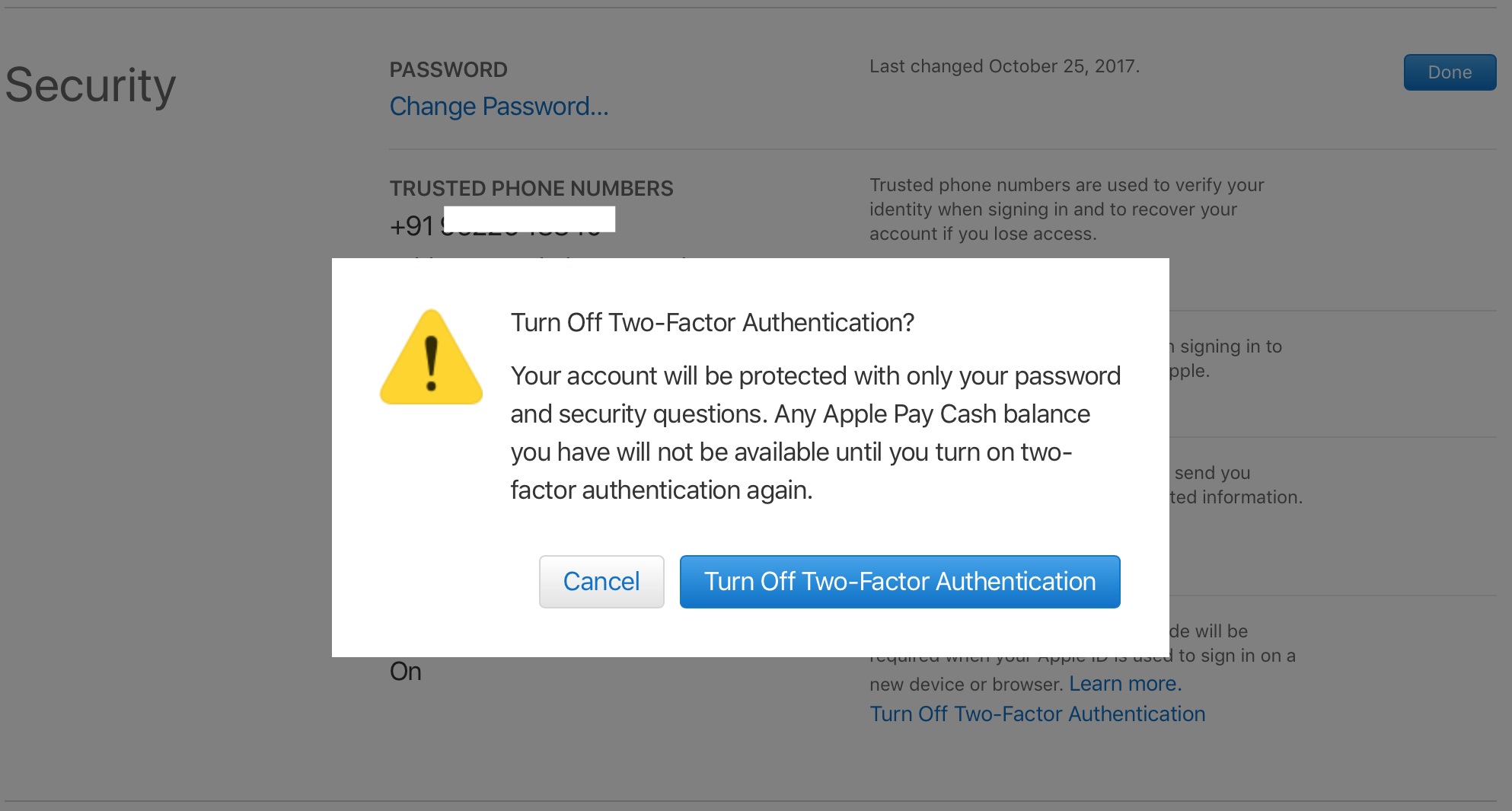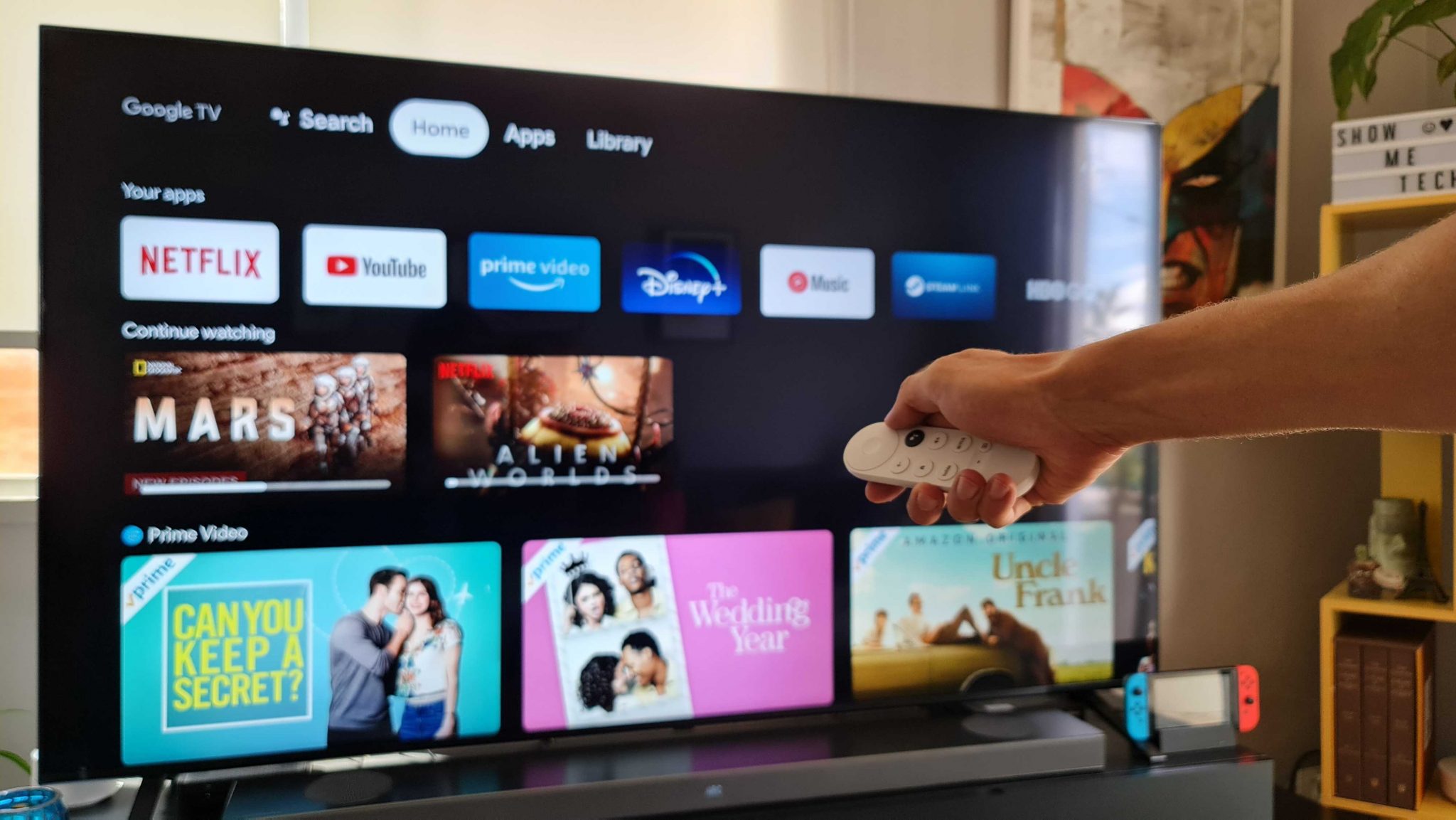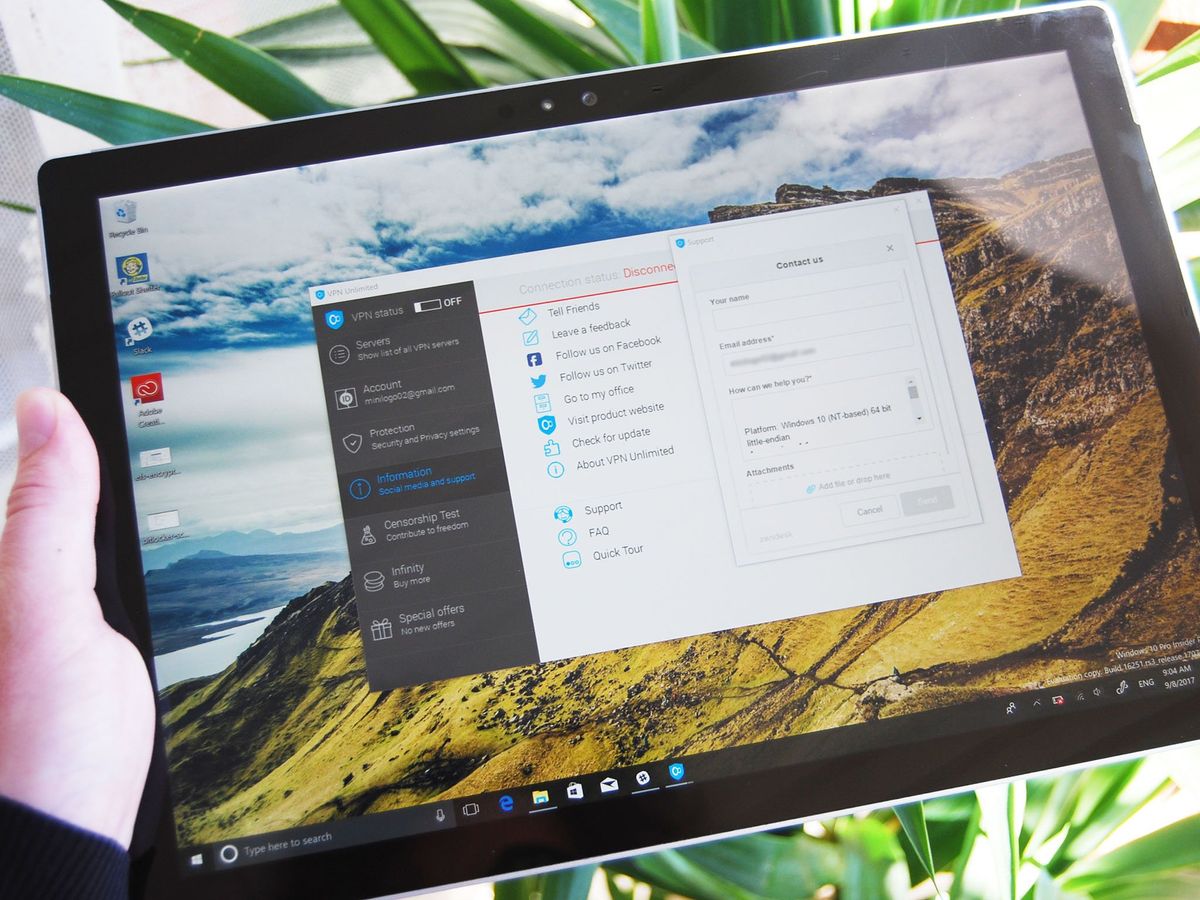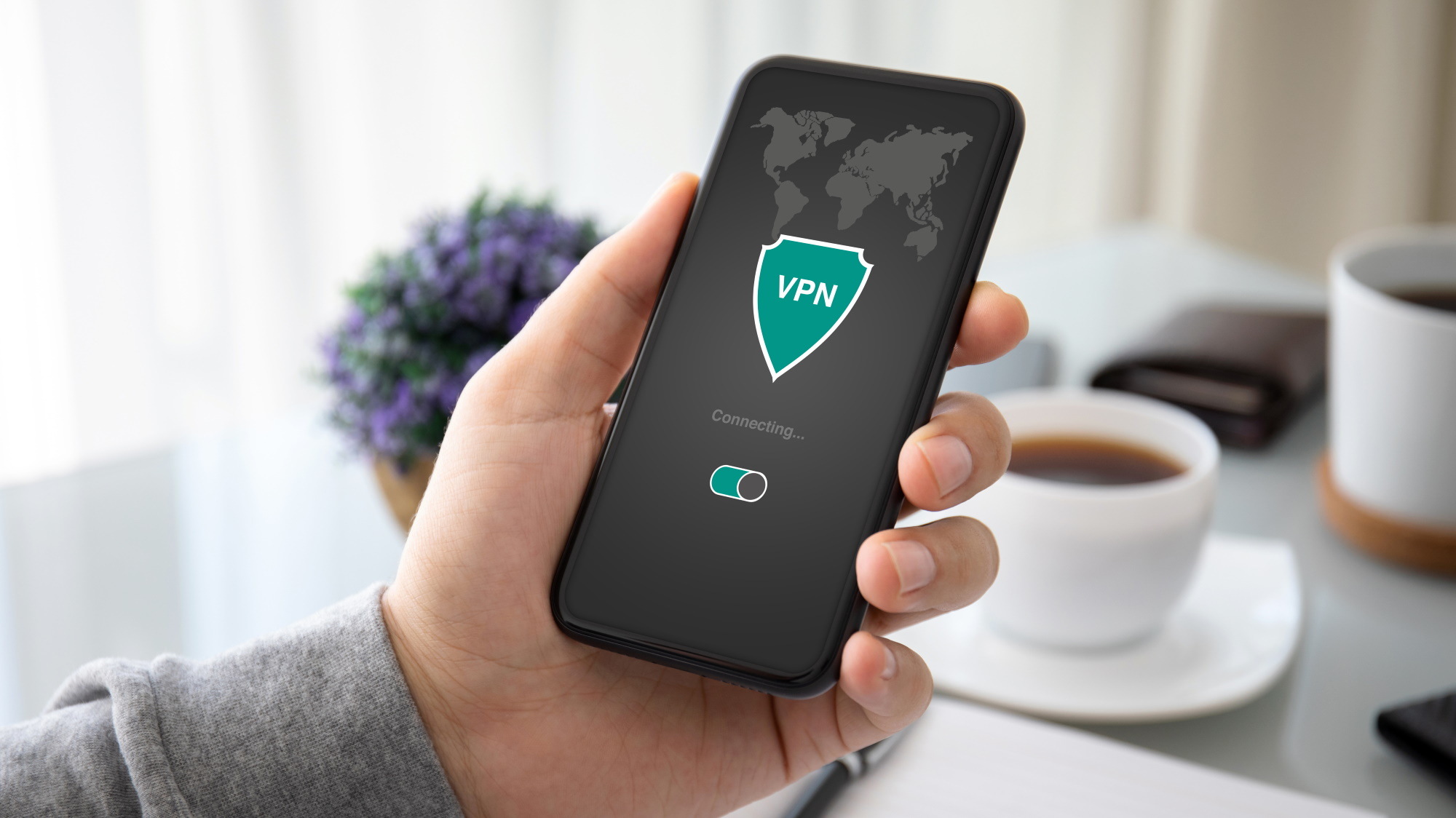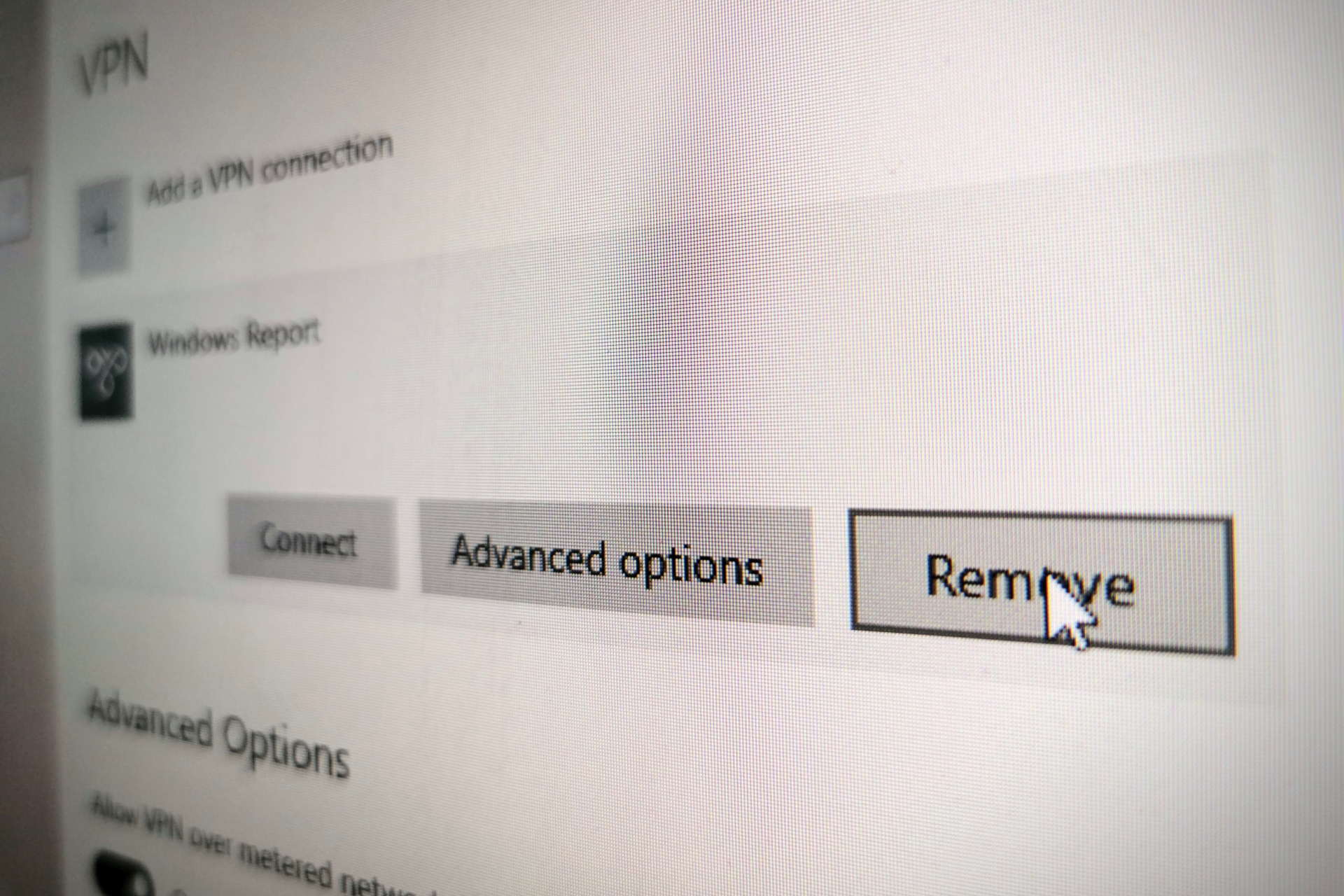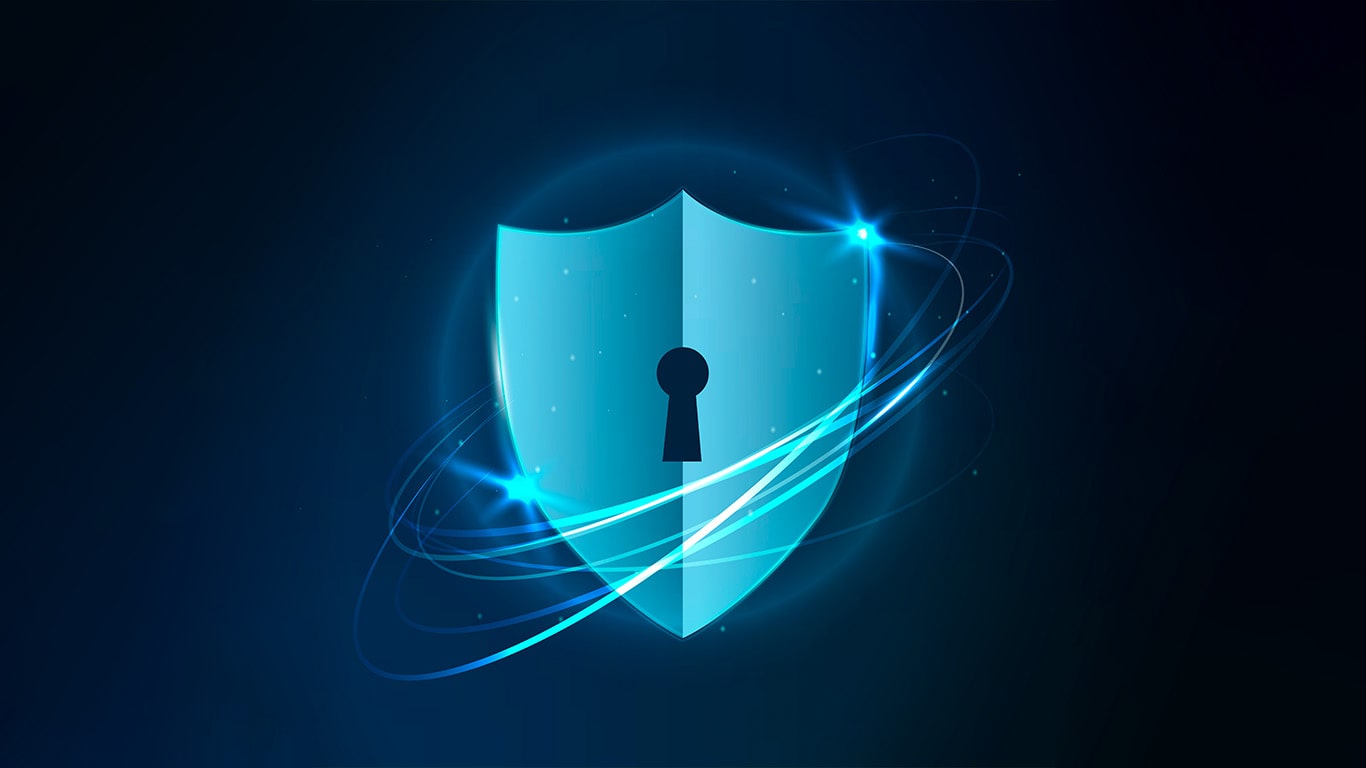Home>Software and Apps>What Happens If I Turn Off Covenant Eyes VPN


Software and Apps
What Happens If I Turn Off Covenant Eyes VPN
Published: March 7, 2024
Discover the impact of turning off Covenant Eyes VPN on your software and apps. Learn how it affects your online security and privacy. Protect your digital life today!
(Many of the links in this article redirect to a specific reviewed product. Your purchase of these products through affiliate links helps to generate commission for Techsplurge.com, at no extra cost. Learn more)
Table of Contents
Understanding Covenant Eyes VPN
Covenant Eyes VPN is a crucial tool designed to provide a secure and private internet browsing experience for users. This VPN (Virtual Private Network) is integrated with Covenant Eyes, a renowned accountability software that helps individuals overcome pornography addiction and maintain online integrity. By incorporating a VPN into its suite of services, Covenant Eyes aims to offer an additional layer of protection for users' online activities.
The primary function of Covenant Eyes VPN is to encrypt internet traffic, thereby safeguarding sensitive data from potential threats such as hacking, surveillance, and data breaches. This encryption process involves encoding the data transmitted between the user's device and the VPN server, effectively shielding it from unauthorized access. As a result, Covenant Eyes VPN ensures that users can browse the web, access online resources, and communicate with others without compromising their privacy and security.
Moreover, Covenant Eyes VPN enables users to establish a secure connection to the internet, especially when accessing public Wi-Fi networks. Public Wi-Fi hotspots, while convenient, are often vulnerable to cyber attacks and eavesdropping. By utilizing the VPN, users can mitigate these risks and browse the internet with peace of mind, knowing that their online activities are shielded from potential threats.
In addition to enhancing security, Covenant Eyes VPN also serves to anonymize users' online presence. By routing internet traffic through the VPN server, users can mask their IP address, making it challenging for third parties to track their online behavior and location. This anonymity feature is particularly valuable for individuals seeking to maintain a low profile and protect their digital identity.
Furthermore, Covenant Eyes VPN is seamlessly integrated with the Covenant Eyes accountability software, allowing users to uphold their commitment to online integrity while benefiting from enhanced privacy and security. This integration underscores the holistic approach adopted by Covenant Eyes in promoting healthy and responsible internet usage.
In essence, Covenant Eyes VPN is a valuable tool that not only fortifies online security and privacy but also aligns with the overarching mission of Covenant Eyes to empower individuals to navigate the digital landscape with integrity and accountability. By understanding the multifaceted benefits of Covenant Eyes VPN, users can make informed decisions regarding their online protection and well-being.
Read more: How To Turn Off VPN On Chromebook
The Impact of Turning Off Covenant Eyes VPN
Turning off Covenant Eyes VPN can have significant implications for users, affecting their online security, privacy, and overall browsing experience. When the VPN is deactivated, several key aspects come into play, each with its own set of consequences.
-
Exposure to Security Risks: Disabling Covenant Eyes VPN exposes users to various security risks, as the protective barrier provided by the VPN is removed. Without the encryption and secure tunneling offered by the VPN, users' internet traffic becomes susceptible to interception and potential exploitation by malicious entities. This heightened vulnerability can lead to unauthorized access to sensitive data, including personal information, login credentials, and financial details.
-
Loss of Anonymity: Covenant Eyes VPN plays a pivotal role in anonymizing users' online presence by masking their IP addresses and concealing their digital footprint. When the VPN is turned off, this layer of anonymity is compromised, making it easier for third parties to track and monitor users' online activities. Consequently, individuals may feel exposed and vulnerable, especially if they prioritize maintaining a low profile and safeguarding their privacy.
-
Impact on Accountability: For users who rely on Covenant Eyes as an accountability tool, turning off the VPN can affect the comprehensive monitoring of their internet usage. The VPN's integration with Covenant Eyes ensures that online activities are not only scrutinized for inappropriate content but also shielded from potential security breaches. Therefore, deactivating the VPN may disrupt the seamless alignment between online integrity and enhanced security, potentially impacting the overall accountability framework.
-
Compromised Privacy: Covenant Eyes VPN serves as a safeguard for users' privacy, preventing unauthorized entities from monitoring and tracking their online behavior. When the VPN is disabled, users may experience a compromise in their privacy, as their internet activities become more susceptible to surveillance and data collection. This compromise can erode the sense of control and autonomy that individuals seek to maintain over their digital interactions.
-
Exposure to Online Threats: Without the protective shield of Covenant Eyes VPN, users are at a heightened risk of encountering various online threats, including malware, phishing attempts, and intrusive tracking mechanisms. The absence of VPN encryption leaves users vulnerable to these threats, potentially leading to compromised devices, data breaches, and invasive advertising practices.
In essence, the impact of turning off Covenant Eyes VPN extends beyond the mere deactivation of a security tool. It encompasses a range of consequences that directly influence users' online safety, privacy, and adherence to accountability measures. Therefore, it is essential for individuals to weigh these implications carefully and consider the broader ramifications before deciding to disable Covenant Eyes VPN.
Risks of Disabling Covenant Eyes VPN
Disabling Covenant Eyes VPN exposes users to a myriad of risks that can significantly compromise their online security and privacy. One of the foremost perils is the heightened vulnerability to security breaches. When the VPN is turned off, the protective encryption and secure tunneling mechanisms are deactivated, leaving users' internet traffic susceptible to interception and exploitation by malicious entities. This increased exposure to security risks can lead to unauthorized access to sensitive data, including personal information, login credentials, and financial details. Consequently, users may find themselves at the mercy of cyber threats such as hacking, data breaches, and identity theft, posing substantial risks to their digital well-being.
Moreover, the loss of anonymity represents a critical risk associated with disabling Covenant Eyes VPN. The VPN plays a pivotal role in anonymizing users' online presence by masking their IP addresses and concealing their digital footprint. However, when the VPN is deactivated, this layer of anonymity is compromised, making it easier for third parties to track and monitor users' online activities. This heightened visibility can leave individuals feeling exposed and vulnerable, particularly if they prioritize maintaining a low profile and safeguarding their privacy. The erosion of anonymity can also lead to an increased likelihood of targeted advertising, invasive tracking, and potential profiling based on users' online behavior.
Another significant risk pertains to the impact on accountability. For users who rely on Covenant Eyes as an accountability tool, disabling the VPN can disrupt the comprehensive monitoring of their internet usage. The VPN's integration with Covenant Eyes ensures that online activities are not only scrutinized for inappropriate content but also shielded from potential security breaches. Therefore, deactivating the VPN may disrupt the seamless alignment between online integrity and enhanced security, potentially impacting the overall accountability framework. This disruption can compromise the effectiveness of Covenant Eyes as a tool for fostering responsible internet usage and maintaining a sense of personal accountability.
Furthermore, the compromise of privacy represents a critical risk associated with disabling Covenant Eyes VPN. The VPN serves as a safeguard for users' privacy, preventing unauthorized entities from monitoring and tracking their online behavior. However, when the VPN is disabled, users may experience a compromise in their privacy, as their internet activities become more susceptible to surveillance and data collection. This compromise can erode the sense of control and autonomy that individuals seek to maintain over their digital interactions, potentially leading to feelings of discomfort and vulnerability in the online environment.
In essence, the risks of disabling Covenant Eyes VPN extend far beyond the immediate act of deactivation. They encompass a wide array of potential consequences that can significantly impact users' online security, privacy, and adherence to accountability measures. Therefore, it is imperative for individuals to carefully consider these risks and evaluate the broader implications before making the decision to disable Covenant Eyes VPN.
Alternatives to Covenant Eyes VPN
When considering alternatives to Covenant Eyes VPN, it's essential to explore alternative methods for safeguarding online security, privacy, and accountability. While Covenant Eyes VPN offers a comprehensive solution for users seeking to fortify their digital experiences, several alternatives can serve as viable substitutes or complementary measures. These alternatives encompass a range of tools and strategies designed to address specific aspects of online protection and integrity.
-
Alternative VPN Services: Users can explore alternative VPN services that offer robust encryption, secure tunneling, and enhanced privacy features. By opting for reputable VPN providers, individuals can benefit from a diverse range of servers, advanced security protocols, and additional privacy measures. This approach allows users to maintain a secure and private internet connection while leveraging the expertise and infrastructure of established VPN services.
-
Accountability Software: In addition to VPN solutions, individuals can complement their online security measures with dedicated accountability software. These tools are designed to monitor and report internet usage, fostering a sense of personal accountability and integrity. By integrating accountability software alongside VPN services, users can uphold their commitment to responsible online behavior while benefiting from enhanced security and privacy features.
-
Browser Extensions and Privacy Tools: Various browser extensions and privacy-focused tools offer supplementary layers of protection for users navigating the digital landscape. These tools encompass ad blockers, tracker blockers, and privacy-enhancing extensions that mitigate online tracking, invasive advertising, and data collection. By integrating these tools into their browsing experience, individuals can fortify their privacy and security while maintaining control over their online interactions.
-
Secure Password Managers: Implementing secure password managers is crucial for safeguarding sensitive login credentials and personal information. These tools facilitate the generation of complex, unique passwords for different online accounts, reducing the risk of unauthorized access and data breaches. By utilizing password managers, users can bolster their overall digital security posture and mitigate the potential impact of security vulnerabilities.
-
Education and Awareness: Promoting education and awareness regarding online security best practices is instrumental in empowering individuals to navigate the digital landscape with confidence and vigilance. By staying informed about prevalent cyber threats, phishing tactics, and privacy considerations, users can proactively mitigate risks and make informed decisions about their online activities.
Incorporating these alternatives into their digital routines can empower users to cultivate a holistic approach to online security, privacy, and accountability. By leveraging a combination of VPN services, accountability software, privacy tools, and proactive education, individuals can fortify their digital well-being while embracing responsible and secure internet usage.
Conclusion
In conclusion, Covenant Eyes VPN represents a pivotal component of users' online security, privacy, and accountability framework. The decision to turn off Covenant Eyes VPN carries substantial implications, ranging from heightened vulnerability to security risks and the compromise of anonymity to the potential disruption of accountability measures. By disabling the VPN, users expose themselves to a myriad of threats, including unauthorized access to sensitive data, increased surveillance, and compromised privacy. Therefore, it is imperative for individuals to carefully weigh the risks and consider the broader impact before opting to deactivate Covenant Eyes VPN.
Furthermore, the risks associated with disabling Covenant Eyes VPN underscore the critical need for comprehensive online protection and responsible internet usage. While Covenant Eyes VPN offers a robust solution for users seeking to fortify their digital experiences, exploring alternative measures such as reputable VPN services, accountability software, browser extensions, and proactive education can further enhance users' online security and privacy. By embracing a multifaceted approach to digital well-being, individuals can navigate the online landscape with confidence, resilience, and integrity.
Ultimately, the decision to disable Covenant Eyes VPN warrants thoughtful consideration, taking into account the potential ramifications for users' online safety, privacy, and adherence to accountability measures. By remaining vigilant and informed about the evolving landscape of cyber threats and privacy considerations, individuals can make informed choices that align with their commitment to responsible and secure internet usage. As technology continues to shape the way we interact with the digital world, prioritizing online security, privacy, and accountability remains paramount, and Covenant Eyes VPN serves as a valuable tool in this endeavor.

